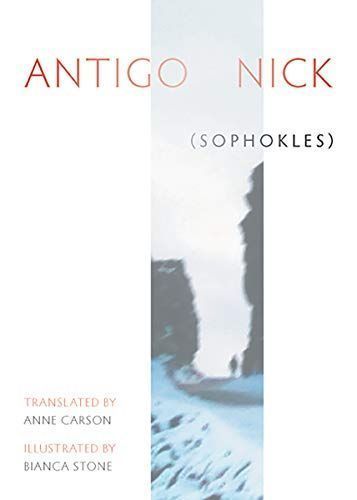
Reviews
heleen de boever@hlndb
lena@leasy
Seher Mohsin@bookstagramofmine
nina@oldbint
sha@regressor
madina@humaintain
Laurel @palefire
louise@ouie
sof <3@girlhorror
Margaret McFarlane@margmcfarg
Prashant Prasad@prashprash
zoe mae@zoemae
Anna Talbot@sontagspdf